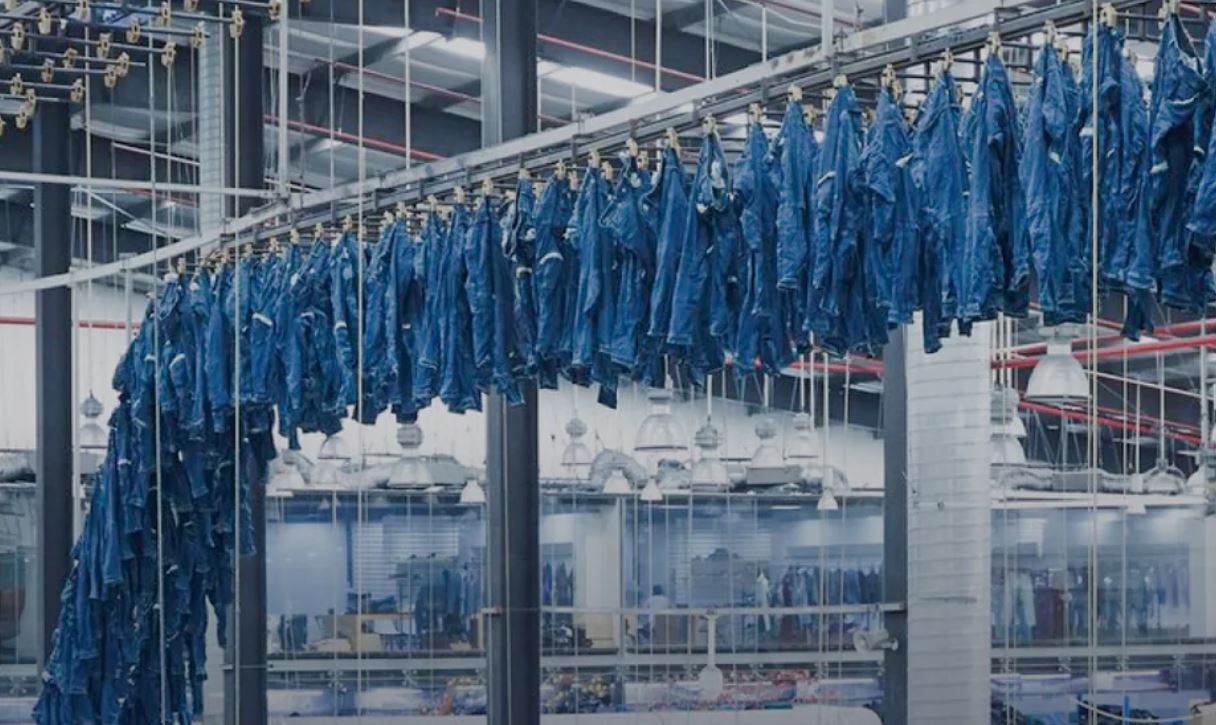Carbon emissions success for growing Saitex

Vietnamese denim and jeans-maker Saitex has published its 2024 Impact Report, showing that while production increased by 25% in the apparel division and 124% at the denim mill, the company cut carbon emissions by 18% and 16% respectively.
Key findings of the report include:
• Steam per garment down by 27%; gas use up by 16% due to 3D fashion and coating processes demand. Mitigation planned via switching to solar powered operations.
• Water use per garment was up by 7.3% and wastewater discharge up by 21.4%, linked to scheduled RO filter replacement (June 2025). Laundry remains closed-loop since 2016, recycling 98% of water.
• Waste increased by 1% due to new chemistry testing. Fixes include repurposing 40% of sludge into bricks/blocks: Stelapop takes textile waste and turns it into multipurpose panels that can be used to build furniture.
In 2024, 8647 trees were planted through a partnership with Gaia Nature Conservation programme, contributing to a cumulative target of 139,783 trees by 2027. Combined with solar expansion, this supported a 35% CO2 offset in 2024.
The company also introduced Gaia x Saitex employee initiative called Transforming Used Items to Trees Gaia Project. The initiative involved 4,000 employees, who collected unwanted items such as clothing, shoes, electronics and toys. These items were sold through Gaia’s on-line marketplace to fund tree planting, while unsold items were donated to those in need.
Sanjeev Bahl, founder and CEO of Saitex, said: “Our 2024 results exhibit that scale and sustainability are not in conflict. We’ve demonstrated growth can align with measurable reductions in carbon, water, and waste. As a vertically integrated ecosystem, we’re committed to sharing both our successes and shortcomings transparently.”
The organisation includes Saitex Apparel Manufacturing in Vietnam (2006) & USA (2021), Saitex Fabric Mill, with its own spinning in Vietnam (2022), Stelapop upcycling (2019), Rekut, which integrates disabled workers (2019), and Atelier & Repairs (2021).







